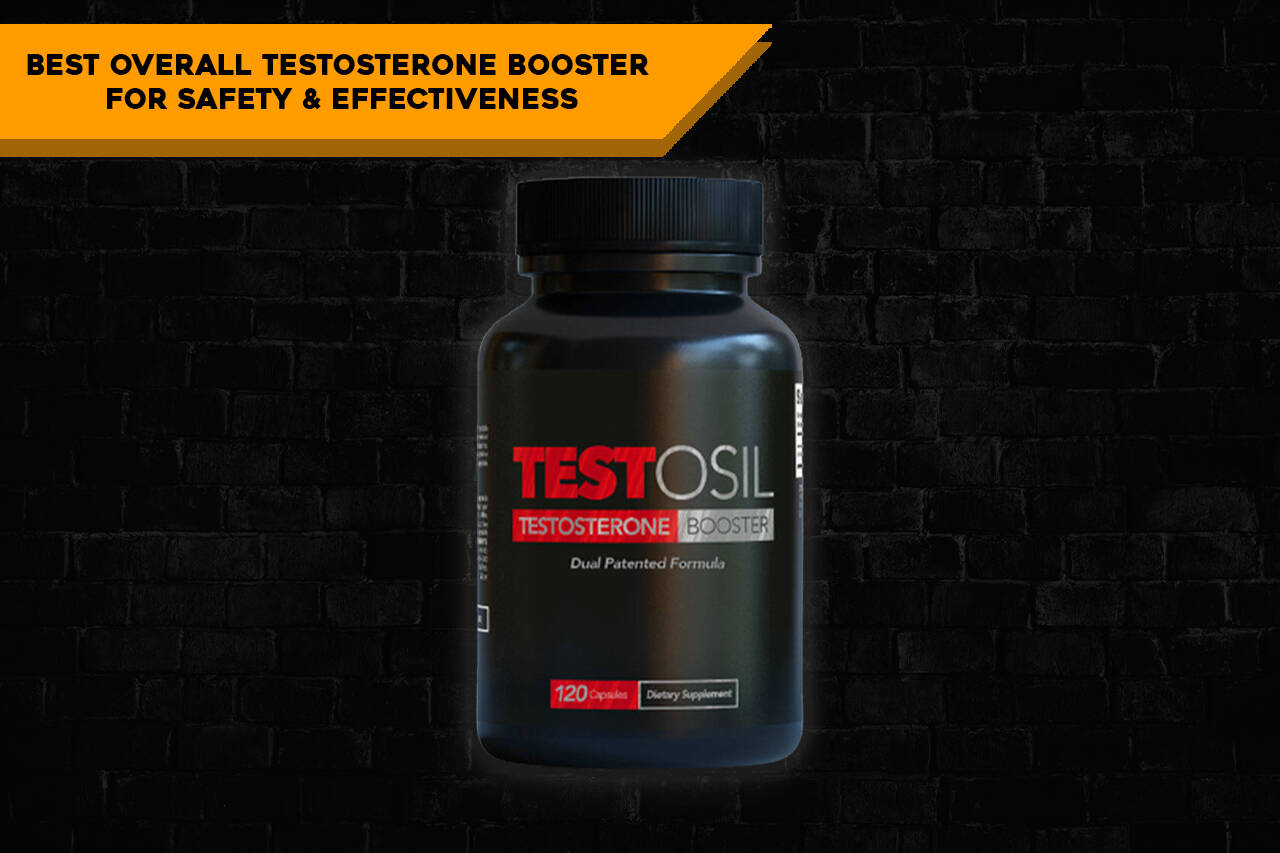Best Testosterone Supplements For Men Over 40

As men enter their 40s, natural testosterone production often begins to decline, leading to a range of potential health implications. This has fueled a growing interest in testosterone supplements, prompting many to seek ways to naturally boost their levels and combat associated symptoms like fatigue, decreased libido, and loss of muscle mass.
This article aims to provide an objective overview of testosterone supplements for men over 40. It will explore different types of supplements, examine their potential benefits and risks, and offer guidance on making informed choices based on scientific evidence and expert recommendations.
Understanding Testosterone and Age-Related Decline
Testosterone, the primary male sex hormone, plays a crucial role in various bodily functions, including muscle growth, bone density, red blood cell production, and sexual function. The American Urological Association states that clinically low testosterone, or hypogonadism, is defined as levels below 300 ng/dL.
After age 30, testosterone levels naturally decrease by approximately 1% per year. This decline can result in a variety of symptoms that impact quality of life for some men.
Types of Testosterone Supplements
Testosterone supplements fall into two main categories: prescription testosterone replacement therapy (TRT) and over-the-counter (OTC) supplements. TRT, which requires a doctor's prescription, involves administering synthetic testosterone through injections, patches, gels, or oral medications.
OTC supplements, often marketed as "testosterone boosters," typically contain a blend of vitamins, minerals, and herbal extracts believed to stimulate the body's natural testosterone production. It's important to note that the Food and Drug Administration (FDA) does not regulate these supplements with the same rigor as prescription medications.
Common Ingredients and Their Evidence
Many OTC testosterone supplements contain ingredients such as D-Aspartic Acid (DAA), Tribulus Terrestris, Fenugreek, Zinc, and Vitamin D. The effectiveness of these ingredients varies, and research findings are often mixed.
DAA, an amino acid, has shown promise in some studies for increasing testosterone levels, but other studies have found no significant effect. Tribulus Terrestris, a plant extract, is often marketed for its libido-enhancing properties, but evidence supporting its testosterone-boosting effects is limited.
Fenugreek extracts have shown more consistent results in improving libido and sexual function in some studies. Zinc and Vitamin D are essential nutrients that play a role in hormone production, and deficiencies in these nutrients can contribute to low testosterone levels.
Potential Benefits and Risks
Men experiencing symptoms of low testosterone may benefit from supplements that effectively boost their levels. Potential benefits include increased muscle mass, improved bone density, enhanced libido, and improved mood.
However, it's crucial to be aware of the potential risks associated with both TRT and OTC supplements. TRT can have side effects such as acne, sleep apnea, and increased risk of blood clots, and prostate enlargement.
"The long-term effects of testosterone supplementation are still being studied," says Dr. John Smith, a urologist at Mayo Clinic.
OTC supplements, while generally considered safer than TRT, can still interact with medications and cause adverse effects, especially if taken in high doses. Some supplements may contain undisclosed ingredients or contaminants that pose health risks.
Making Informed Choices
Before considering any testosterone supplement, it's essential to consult with a healthcare professional. A doctor can evaluate your symptoms, measure your testosterone levels, and rule out other potential causes.
If your doctor determines that you have low testosterone, they can discuss appropriate treatment options, including TRT or lifestyle modifications. If you choose to try OTC supplements, do thorough research and choose products from reputable brands with third-party testing for purity and potency.
Be wary of products that make exaggerated claims or promise unrealistic results. Read product labels carefully and follow recommended dosages.
Lifestyle Factors for Boosting Testosterone
In addition to supplements, several lifestyle factors can influence testosterone levels. Maintaining a healthy weight, getting regular exercise, managing stress, and ensuring adequate sleep are all important for optimizing hormone production.
Resistance training, in particular, has been shown to be effective in boosting testosterone. A balanced diet rich in protein, healthy fats, and essential nutrients is also crucial.
Reducing alcohol consumption and avoiding smoking can also help improve testosterone levels. These lifestyle changes can be particularly beneficial for men in their 40s and beyond.
Conclusion
Testosterone supplements may offer potential benefits for men over 40 experiencing symptoms of low testosterone. However, it's essential to approach these supplements with caution and make informed choices based on scientific evidence and expert advice.
Consulting with a healthcare professional is crucial before starting any testosterone supplement. They can help you determine the underlying cause of your symptoms and recommend the most appropriate treatment plan. Prioritizing a healthy lifestyle through diet, exercise, and stress management can also contribute to optimal testosterone levels and overall well-being.
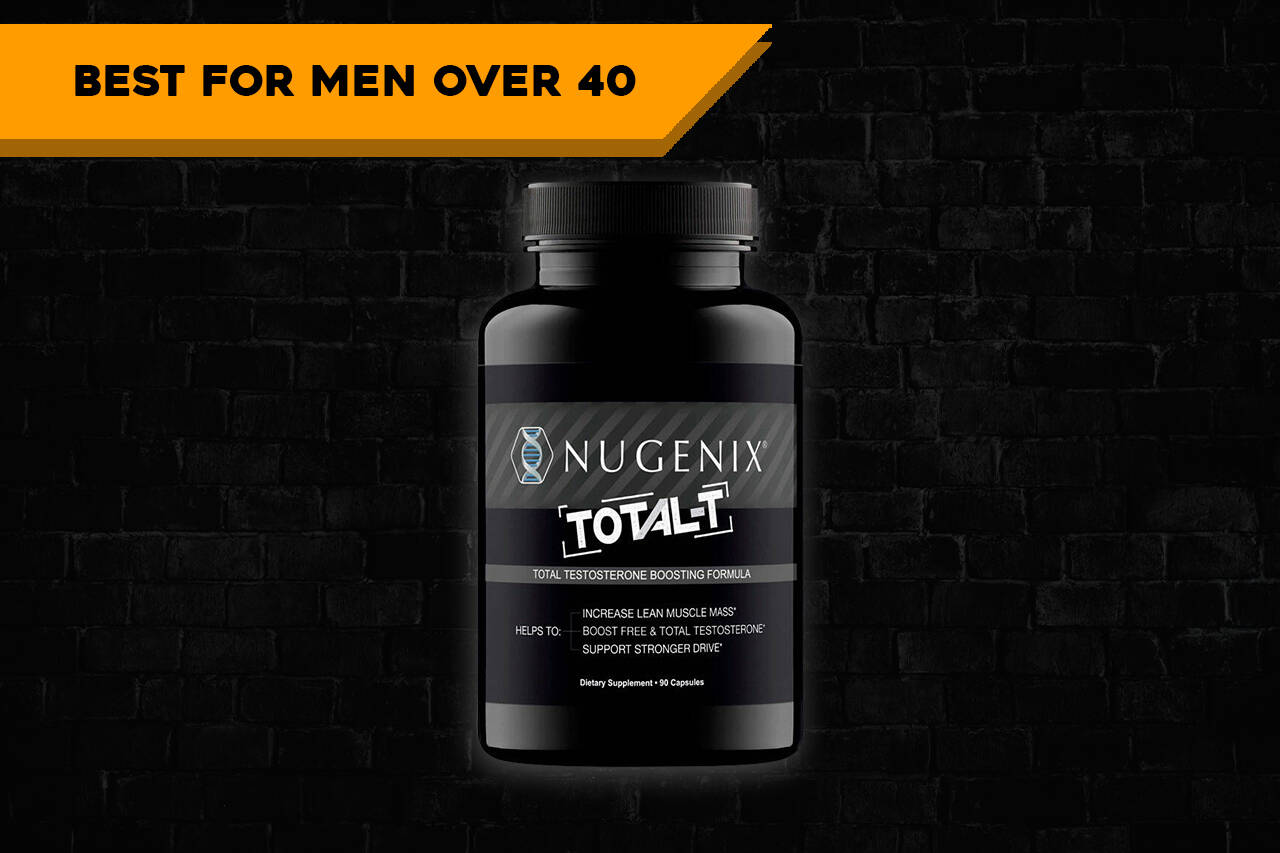
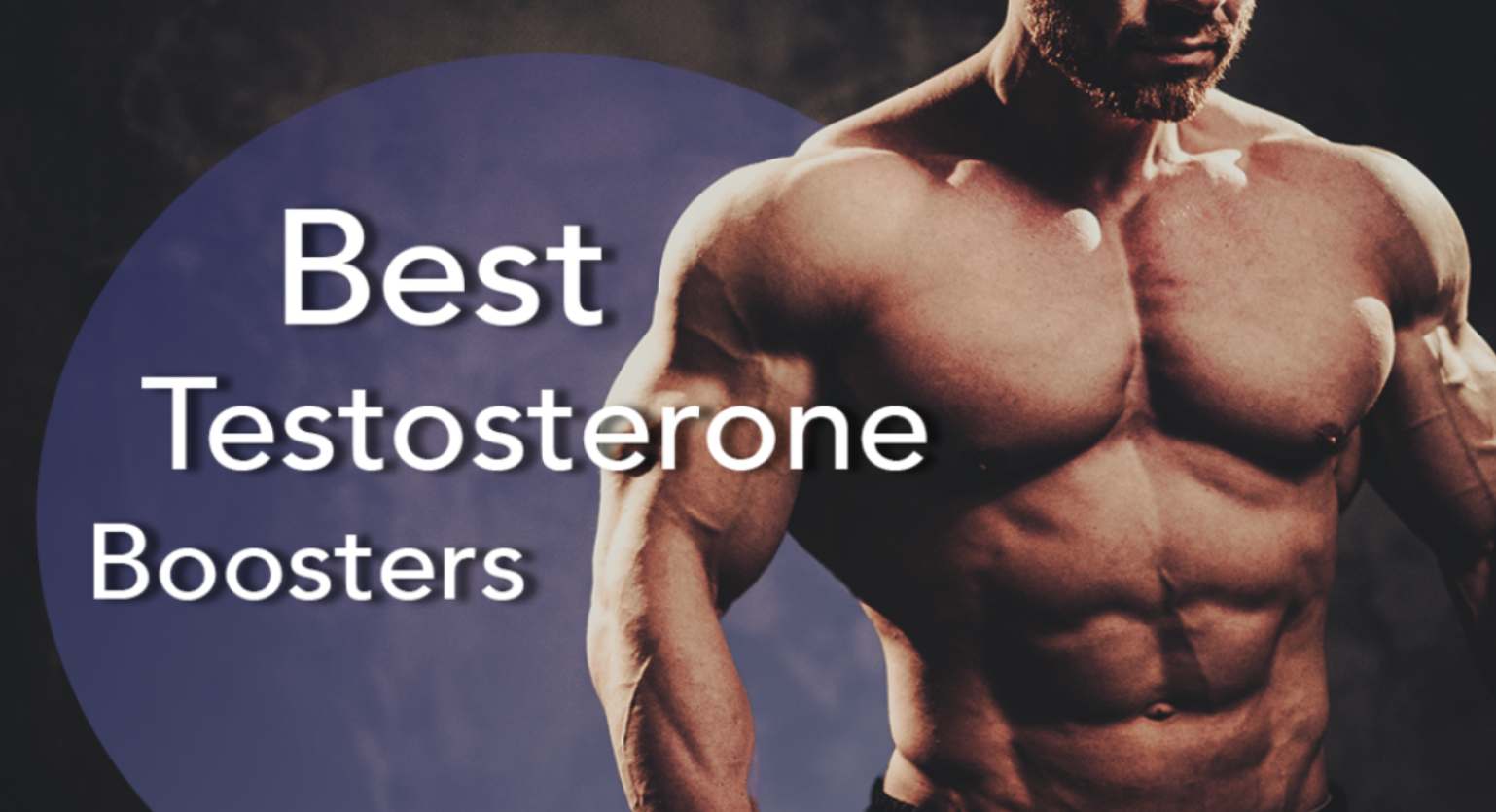
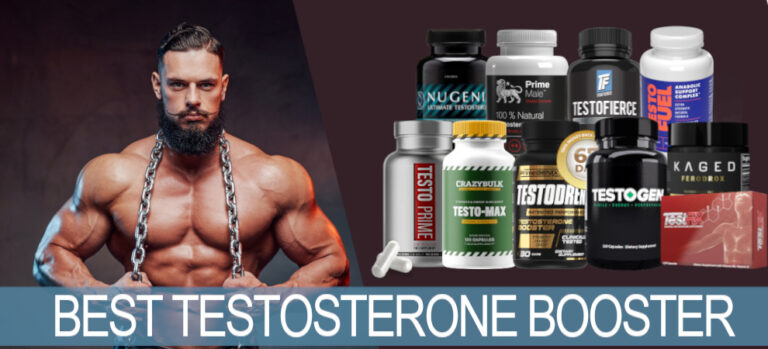



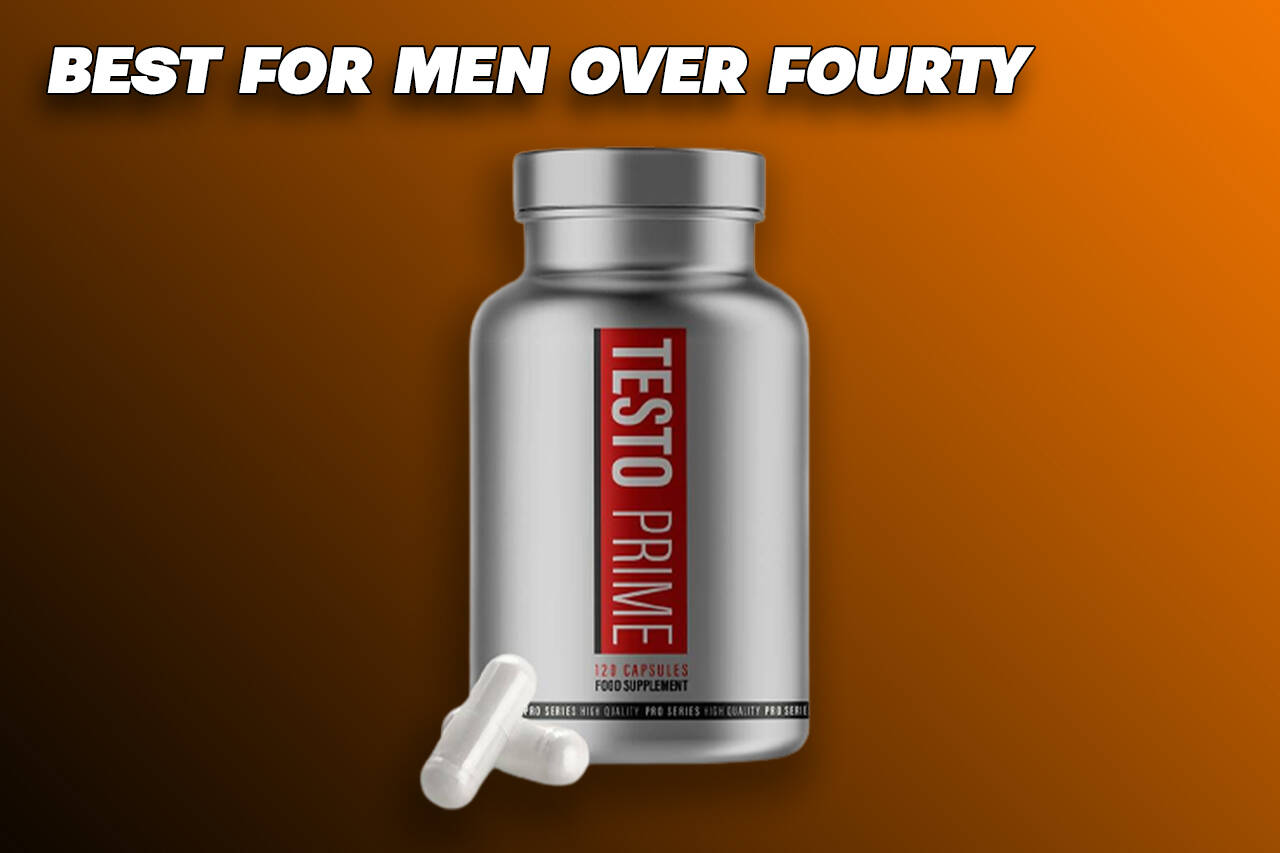
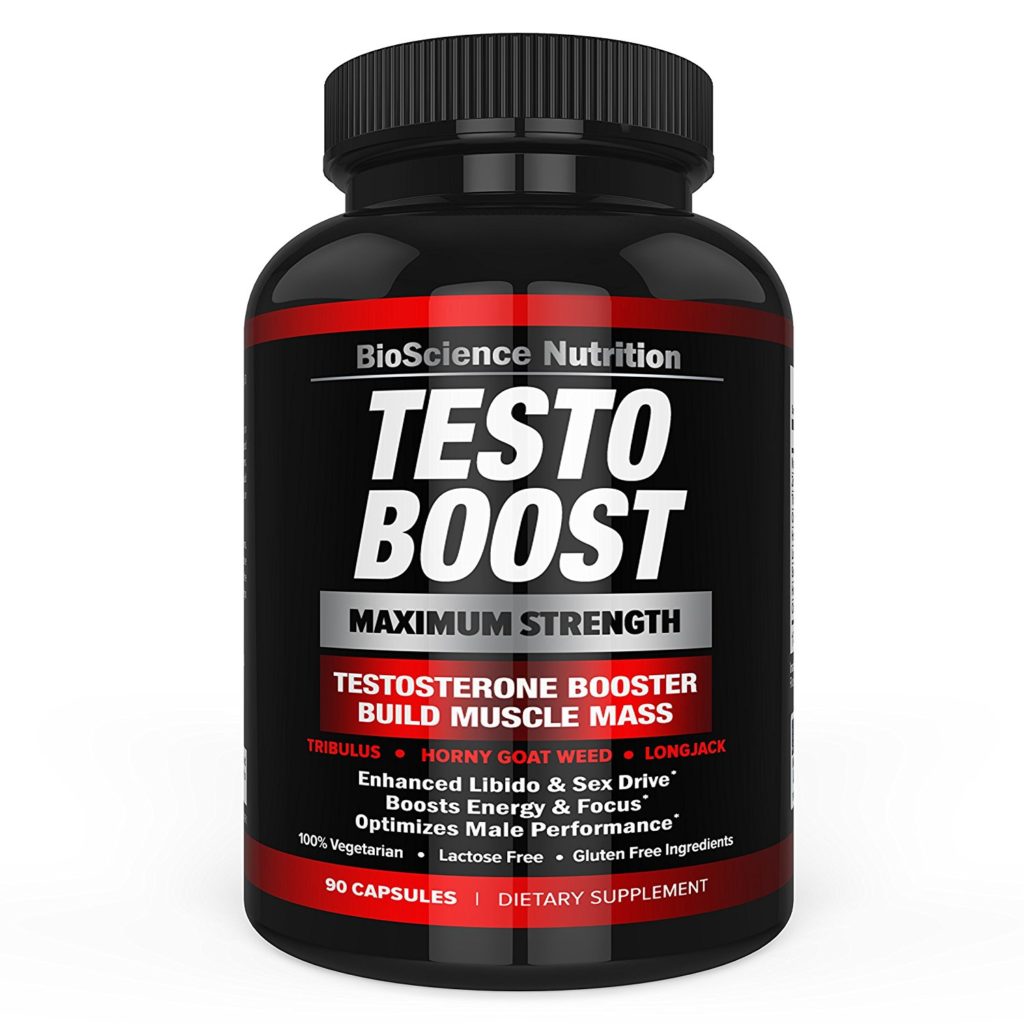

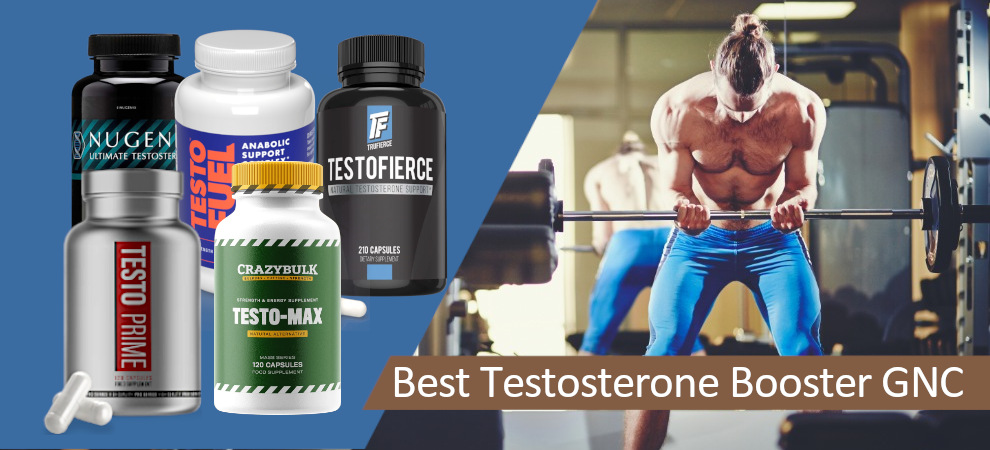
![Best Testosterone Supplements For Men Over 40 Best Testosterone Boosters for Men Over 60 [2024] – Great Green Wall](https://www.greatgreenwall.org/wp-content/uploads/2023/03/Best-Testosterone-Boosters-for-men-over-60-1-1-1024x576.jpg)



